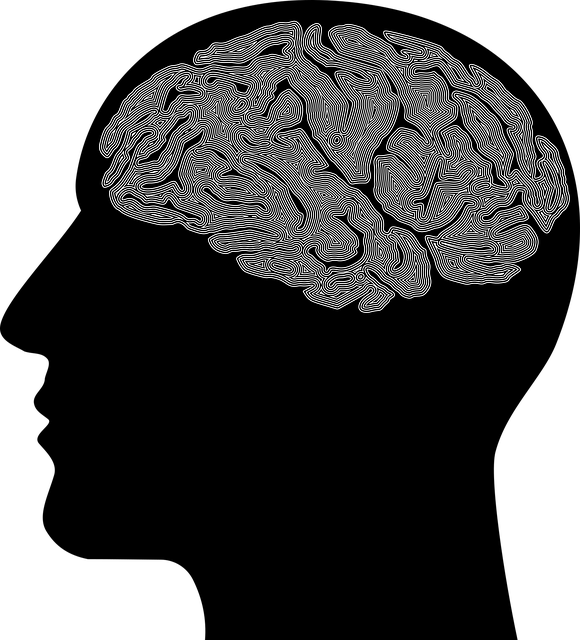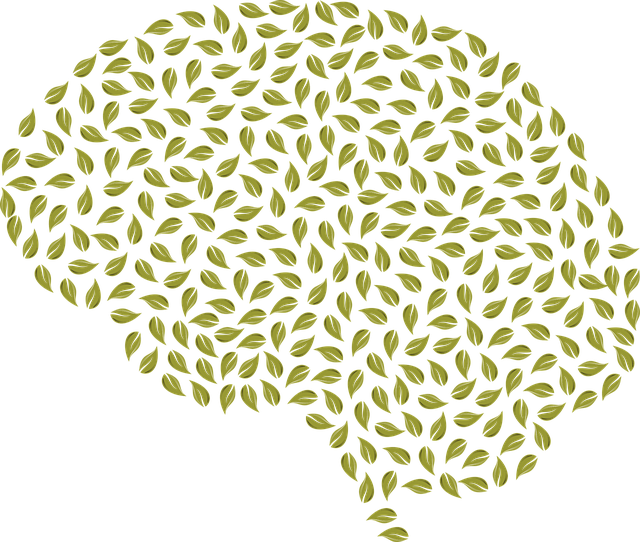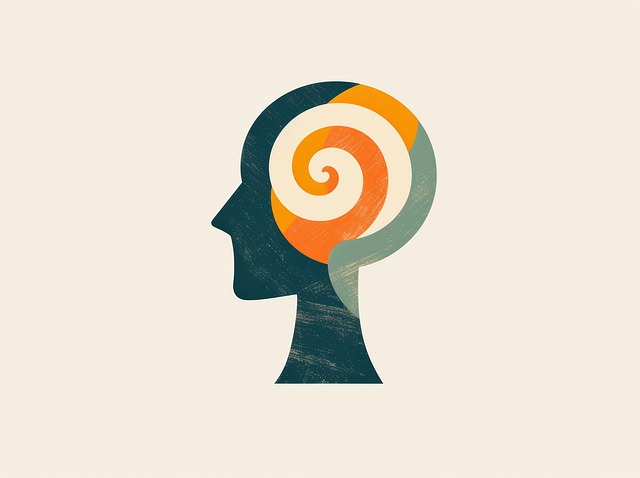Loss, grief, and bereavement significantly impact mental health, making understanding and support crucial. Lone Tree Codependency Therapy offers tailored counseling to navigate these processes healthily. They address various forms of loss, emphasize self-awareness, and provide personalized guidance for healing through coping strategies and interpersonal skills. The therapy fosters resilience, cultural sensitivity, and overall well-being in diverse communities, including unique approaches to addressing codependent behaviors and trauma.
Loss, grief, and bereavement can profoundly impact our lives, shaping our emotional landscapes. Understanding these complex processes is crucial for healing. This article offers a comprehensive look at navigating these difficult times through counseling, focusing on the specific techniques of Lone Tree Codependency Therapy. We’ll explore how this therapy uncovers codependency patterns, fostering personal growth and resilience in the face of loss. By understanding these mechanisms, individuals can embark on a path to healing and rediscover emotional balance.
- Understanding Loss, Grief, and Bereavement: A Comprehensive Look
- The Role of Counseling in Navigating Difficult Times
- Uncovering Codependency Patterns and Their Impact on Healing
- Lone Tree Codependency Therapy: Strategies for Personal Growth and Resilience
Understanding Loss, Grief, and Bereavement: A Comprehensive Look

Loss, grief, and bereavement are complex emotional experiences that can significantly impact an individual’s mental health and overall well-being. Understanding these concepts is crucial for anyone seeking support or considering a career in counseling. At Lone Tree Codependency Therapy, we recognize that loss takes many forms—whether it’s the passing of a loved one, the end of a relationship, or even a major life change. Each situation demands tailored care and empathy.
Grief is a natural response to loss, encompassing a wide range of feelings and experiences. It’s not simply about sadness; it can also involve anger, guilt, confusion, and a sense of emptiness. Mental Health Awareness programs often emphasize the importance of Self-Awareness Exercises to help individuals navigate these emotions healthily. Through counseling, individuals can learn coping strategies, process their feelings, and eventually find a path towards healing and acceptance, ensuring they receive the support needed during this challenging time.
The Role of Counseling in Navigating Difficult Times

Counseling plays a pivotal role in helping individuals navigate the challenging waters of loss, grief, and bereavement. It provides a safe and supportive space where one can process their emotions, memories, and reactions freely. Through Lone Tree Codependency Therapy, for instance, trained professionals offer guidance tailored to each person’s unique experience, fostering resilience and healing. This is especially crucial in diverse communities, where cultural sensitivity in mental healthcare practice is paramount.
In addition to individual therapy, group sessions and social skills training can be beneficial, enabling people to connect with others facing similar challenges. Stress management workshops organized by various entities further equip individuals with tools to cope. These comprehensive approaches not only alleviate the immediate pain but also empower individuals to build lasting coping mechanisms for future difficulties, ensuring better mental health and well-being.
Uncovering Codependency Patterns and Their Impact on Healing

Uncovering codependency patterns is a crucial step in navigating loss, grief, and bereavement counseling. Many individuals struggle with emotional pain stemming from unhealthy relationships where they’ve become overly dependent on others for validation and self-worth. This dynamic can significantly hinder the healing process after a significant loss. Lone Tree Codependency Therapy focuses on identifying these patterns and providing strategies to break free from them. By understanding codependent behaviors, clients can develop healthier attachment styles and foster better relationships moving forward.
In the context of mental health awareness, recognizing codependency is essential for a comprehensive risk assessment for mental health professionals. They play a vital role in teaching empathy-building strategies to help individuals process their grief while maintaining healthy boundaries. This approach supports the healing journey by addressing underlying emotional dependencies, allowing clients to navigate bereavement with greater resilience and self-awareness.
Lone Tree Codependency Therapy: Strategies for Personal Growth and Resilience

Lone Tree Codependency Therapy offers a unique and transformative approach to healing from loss and grief. By addressing codependent behaviors and patterns, individuals can break free from destructive cycles and cultivate personal growth. This therapy focuses on empowering clients to develop healthier relationships with themselves and others, fostering resilience in the face of adversity.
Through various communication strategies and conflict resolution techniques, participants learn to set boundaries, assert their needs, and navigate interpersonal dynamics more effectively. The goal is to help individuals heal from past traumas, understand their emotional responses, and build a supportive network that promotes overall well-being. By embracing personal growth opportunities, those seeking support can find strength in their journey towards healing and self-discovery.
Loss, grief, and bereavement counseling play a pivotal role in helping individuals navigate challenging emotional landscapes. By understanding these complex processes, therapists like those at Lone Tree Codependency Therapy can uncover codependency patterns that hinder healing. Through personalized strategies, this therapy fosters personal growth and resilience, enabling clients to find solace and move forward with renewed strength.














